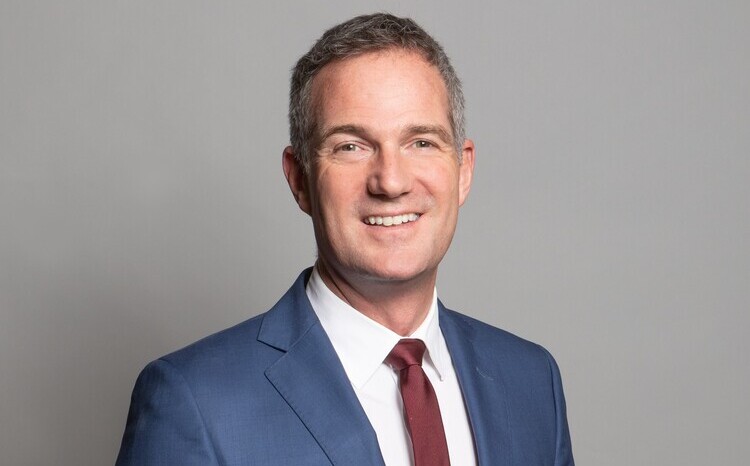NHS Greater Glasgow and Clyde first to roll out head-CT AI solution
- 10 April 2024

Clinicians at NHS Greater Glasgow and Clyde are now using a head CT AI solution from Qure.ai to support faster decision-making about the care, management and discharge of patients with head injuries.
Healthcare clinicians working in the emergency department at the Queen Elizabeth University Hospital in Glasgow are the first of four NHS sites to roll out head-CT AI to highlight critical head injury scans. The roll out is part of a new project called ACcET (Assess the Clinical Effectiveness in Prioritising CT Heads), which is using qER from Qure.ai, a head CT artificial intelligence solution from Qure.ai.
The ACcEPT study is award funded by the NHS AI Lab programme, run by the NHS Accelerated Access Collaborative (AAC) in partnership with the National Institute for Health Research (NIHR). It explores the value of AI to support clinicians in analysing CT scans of patients with head injuries in situations where there is a shortage of trained radiologists.
Professor David Lowe, professor of health innovation at the University of Glasgow and Emergency Medicine Consultant at NHS Greater Glasgow and Clyde, said: “By utilising the opportunities of innovative AI to help prioritise urgent cases, we will look to deliver critical interventions whilst improving workflow and time in the ED for patients with normal scans.
“The study looks to provide evidence to support adoption of AI across four centres in the UK. We hope this will support clinical teams in decision-making to deliver critical clinical care, reassurance and, when appropriate, discharge, releasing capacity and space for patients in our pressured system.”
In the first initial weeks of the head CT AI implementation over the 2023/2024 winter period, qER analysed 651 non-contrast head CTs and detected 128 head injuries, including cranial fractures, intracranial haemorrhage (ICH), mass effect and mid-line shift within the brain. The intracranial pathologies were identified and prioritised by the qER AI solution as critical findings for radiologist review, confirmation, treatment planning and/or discharge out of the emergency department.
Darren Stephens, senior vice president and commercial head, UK and Europe at Qure.ai said: “This is an exciting step forward for AI in NHS Emergency Departments. Providing digital health tools that can create calm and give informed prioritisation of urgent cases to support stretched clinical teams, especially at night or weekends, is very advantageous. It may help reduce CT scan-to-reporting turnaround times and give rapid alerts of critical findings that will boost the speed of treatment given to patients.”
Alongside Qure.ai and NHS Greater Glasgow and Clyde, the full ACcEPT collaboration team includes: Hardian Health for health economic evaluation; the University of Glasgow’s Digital Health Validation Lab (DHVL), a Living Laboratory for Precision Medicine project aimed at fast-tracking digital health technologies into clinical settings; West of Scotland Innovation Hub; NHS SafeHaven; Oxford University Hospitals NHS Foundation Trust; Northumbria Healthcare NHS Foundation Trust; and Guy’s and St Thomas’ NHS Foundation Trust.
In recent months Qure.ai has announced an integration into deepcOS, deepc’s AI platform, designed to address the escalating demands on radiologists.




